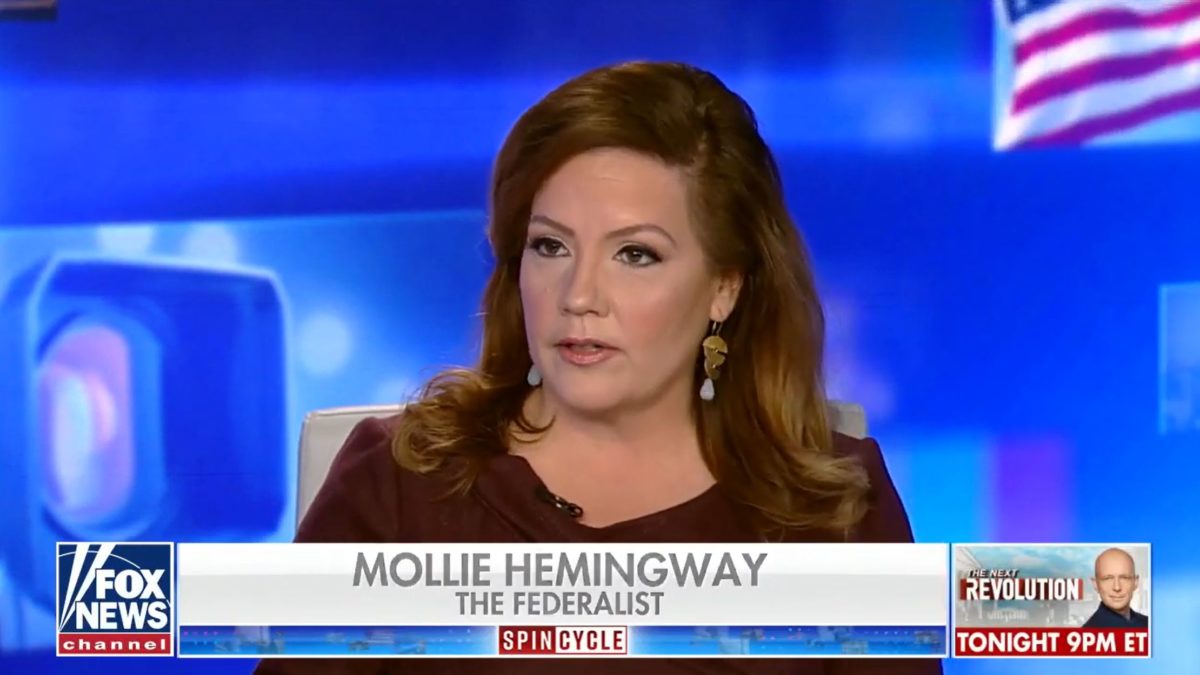
President Barack Obama’s “fumbled” press conference, addressing the ongoing Obamacare (or, as he now prefers to call it, Affordable Care Act) debacle, produced at least one bipartisan consensus: that the one-year extension he imperiously granted to the life of non-(Obamacare)-compliant insurance plans will not actually help the people whose insurance has been canceled. But it might allow the president to return to his rhetorical sweet spot: attacking Big Whatever on behalf of the little guy.
The “Whatever” in this case is the insurance industry, which will be expected to adjust to this unanticipated change in the law in a moment. Any delinquency on their part will be seized upon as a sign of malicious intent, since it’s an article of progressive faith that people and institutions are infinitely and instantaneously malleable. So there is no good reason to resist whatever “necessary” improvement progressives are promoting at the moment.
Of course, one must occasionally (and temporarily) accommodate the weakness of the masses — never, of course, doubting one’s own superior wisdom and competency. Thus, according to the president’s new rule, insurance companies can’t just offer to keep their customers on a plan they like–which was all anyone was asking for when the cancellation notices started rolling in. Instead, the companies have to identify the inadequacies of that old plan to policyholders and point out all the free money and better options that may be available under Obamacare. According to the president, the problem then is not the government taking away a free choice, but the people persisting in a bad choice. Thus, the telling, and perfect, analogy from the president in his Thursday press conference:
We made a decision as a society that every car has to have a seat belt or air bags. And so you pass a regulation. And there’s some additional cost, particularly at the start, of increasing the safety and protections, but we make a decision as a society that the costs are outweighed by the benefits of all the lives that are saved. So what we’re saying now is if you’re buying new — a new car, you got to have a seat belt. Well, the problem with the grandfather clause that we put in place is it’s almost like we said to folks, you got to buy a new car, even if you can’t afford it right now. And sooner or later folks are going to start trading in their old cars . . . if their life circumstance is such where, for now at least, they want to keep the old car, even if the new car is better, we should be able to give them that option, and that’s what we want to do.
The president is willing to allow Americans to keep their old cars for another year, but after next year’s election (or whenever he’s no longer willing to allow us to suffer from our own poor judgment) we will have to buy a new car.
And oh, does the president have just the car for us! Granted, his dealership’s car lot is currently under repair. But why fret? There’s no need to kick the tires, look under the hood, or test drive the car: he knows our old car’s no good and he has just the right (one-size-fits-all!) model for us.
At least we know from this analogy how progressives plan to make the electric car industry profitable.
To progressives, the problem is never their policy, but only others’ perception of it. As President Obama admitted, he knew that some miscellaneous millions of Americans would not be able to keep their old car/insurance plan when he told them otherwise, but since Obamacare would make their lives so much better, he was under-promising, not overpromising–taking, in fact, too little credit for his signature bill.
When many Americans missed the point, he adjusted with a waiver that seized more lawmaking power from Congress and imposed new regulations on insurance companies aimed principally at making sure that when the waiver expires, Americans would be better inclined to embrace Obamacare.
Few worry that President Obama lacks adequate self-esteem. But while some of his confidence is a matter of personality, much of it is ideological: the result of 100 years of being (supposedly) “on the right side of History” and never meeting a problem you can’t solve.
The Founders were much less confident in their own judgment or that of their governors. In Federalist 16, Hamilton outlines the consequence of a fundamental error national leaders of his own generation made in framing the Articles of Confederation–and how state leaders had exploited that error to the point that the Union itself was in danger.
The states had agreed in the Articles to tax their citizens to fund the budget of the national government. Nevertheless, they were perpetually delinquent, paying less than their share…when they got around to it. Thus, Hamilton argued that epthe government could directly protect the people’s rights only when the national government was able to tax them directly. The alternative was a union that would continue its descent into anarchy–perhaps culminating in a war between faithful and delinquent states.
But Hamilton meant no endorsement of tyranny in giving such advice. A law, Hamilton argued, without a sanction is not a law at all. But it exactly because when the government acts, it compels, that the government should be careful not to act outside of its legitimate bounds–or the boundaries of its competency.
There is something obviously absurd about a government that claims to know me (and 320 million other people very different from me) well enough to legislate the details of my medical care, but is overwhelmed by the complexity of putting together the website I’m supposed to use to benefit from its wisdom. The progressive mind, however, too often confounds being equal with being the same and therefore considers administrative challenges the chief impediment to solving social pathologies–not the infinite variety and moral complexity of human beings.
It’s been said that Americans have a love affair with their cars. At the heart of every love affair, of course, is the particular: that woman, that man, that car. Conservatives want to make room for that health care plan–to treat equals equally rather than make them the same. The president, meanwhile, continues to homogenize; if not to this version of Obamacare, then to that one and always with the same blithe confidence.
The American people, it appears, are not so sure. Whether they collect the full profit from this experience, however, will depend on whether they recognize its true source: not a failure of IT contractors, beleaguered bureaucrats, or even pass-it-before-they-read-it legislators, but a progressive ideology at war with human nature and the first principles of self-government.
Buckle up.
David Corbin is a Professor of Politics and Matthew Parks an Assistant Professor of Politics at The King’s College, New York City. They are co-authors of “Keeping Our Republic: Principles for a Political Reformation” (2011). You can follow their work on Twitter or Facebook.









